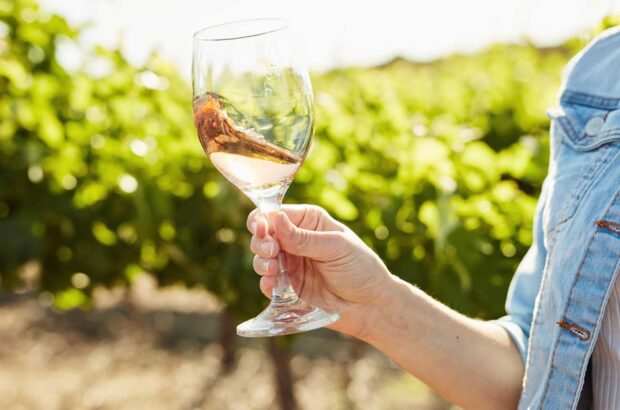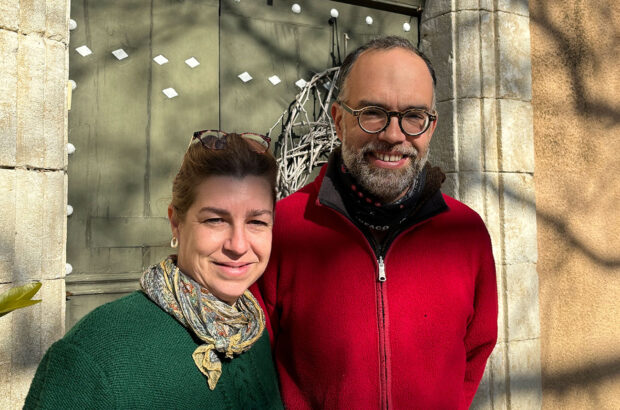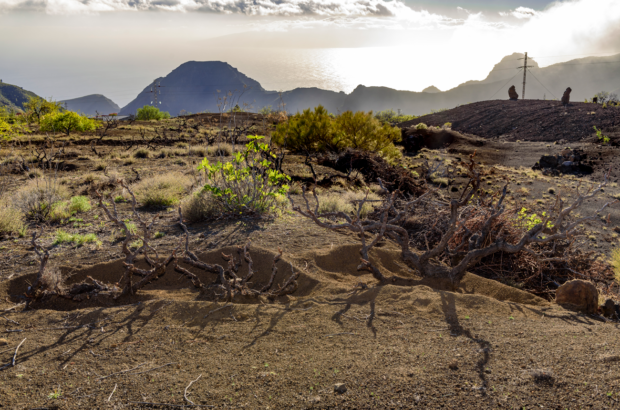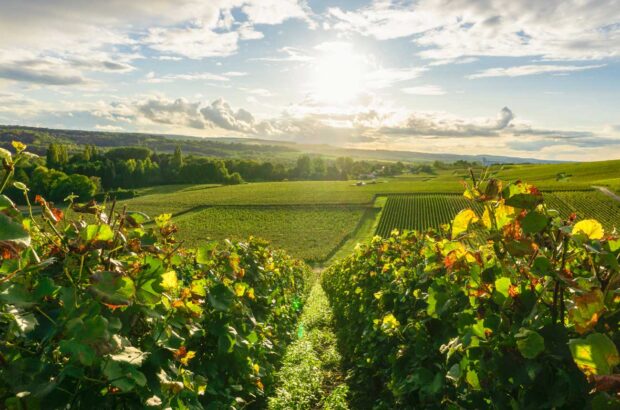A formal charter for natural wine has launched in France under the name ‘vin méthode nature’. The Institute for Origins and Quality (INAO), the French Ministry for Agriculture and the French Fraud Control Office all recognise the new denomination.
It follows the creation by producers, merchants and consumers of The Union for the Defense of Natural Wines in October 2019 which has established a list of criteria dedicated to the new category.
The structure hopes to offer a robust definition for natural wine to consumers and clear up some of the confusion around natural wine and the often woolly terms which describe it. It will be subject to a three-year trial period.
How Vin Méthode Nature works
In order to use the denomination grapes must come from certified organic vines, be hand-picked and produced using indigenous yeast. Methods which are banned during the winemaking process include thermovinification, reverse osmosis, flash pasteurisation and cross-flow filtration. The complete charter can be found here in French.
An addition of up to 30 mg/L of sulphur dioxide is permitted in all types of wine across all appellations, but no additions are permitted before or during fermentation. Wines where no SO2 addition has been made can be labelled ‘vin méthode nature sans sulfites ajoutés’ (natural method without added sulfites) while those with a post-fermentation addition can carry the ‘vin méthode nature avec moins de 30 mg/l de sulfites ajoutés’ (natural method with less than 30 mg/l added sulfites) tag.
Each finished wine will undergo an external controlled assessment to determine if it conforms to the regulations. Those wines which do not must be marketed under a different brand.
It’s thought that over 100 French producers will sign up to the ‘vin méthode nature’ programme over the next few months, and similar systems are expected across Europe with Spain, Italy and Switzerland likely to follow suit soon.







